The WordPress Gutenberg project (a.k.a. the Block Editor) is supposed to make building WordPress sites faster and… well… once you get the hang of it, that often is the case. Recently I’ve actually marveled at how quickly it has allowed me to build out a site, now that my base theme is getting a bit more polished. And creating block patterns in WordPress 6 is super slick, after you learn a few of its quirks.
But then, the Block Editor will throw me a curveball that can derail things for days. For instance, there’s this:

I have a site using my custom theme that all of a sudden started throwing out this message after a recent update. It’s on the Separator block (a.k.a. a glorified <hr> tag). I took a look at the code, and there’s nothing overly complicated going on. The best clue I had to the problem was that it may have something to do with the .has-alpha-channel-opacity CSS class getting applied to the tag.
Then I noticed that in a child theme I’m building for another site, the error didn’t occur. I tried switching between the child theme and parent theme, and sure enough — with the parent theme, I get the error; with the child theme, I don’t. So… what is it?
Well… with almost any type of problem solving, it’s about trial and error, finding differences, ruling things out, and narrowing your search. But it was really hard to find anything between the parent theme and child theme that might cause this. Certainly there were no differences in how they treat Separator blocks.
I came back to that CSS class. Why is that there? Where Gutenberg is concerned, when in doubt, it’s always a good idea to have a look at the theme.json file. And, sure enough, that’s where the difference was. In my parent theme, I had this (note line 13):

But in the child theme, I had this:

Yes, for some reason, an empty array for the color.gradients setting allows the Block Editor to properly parse the Separator block, but a null value causes the error.
WHY???
I don’t know. I don’t really care. At least I was able to fix it. But this again makes me question the wisdom of the entire Gutenberg enterprise. I still don’t really buy the rationale that this JSON file is the way to go, although I am at least starting to understand why it was chosen. However I think this example illustrates some of the negatives of the approach.